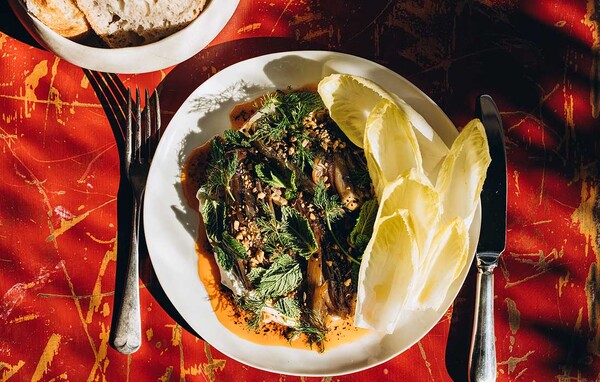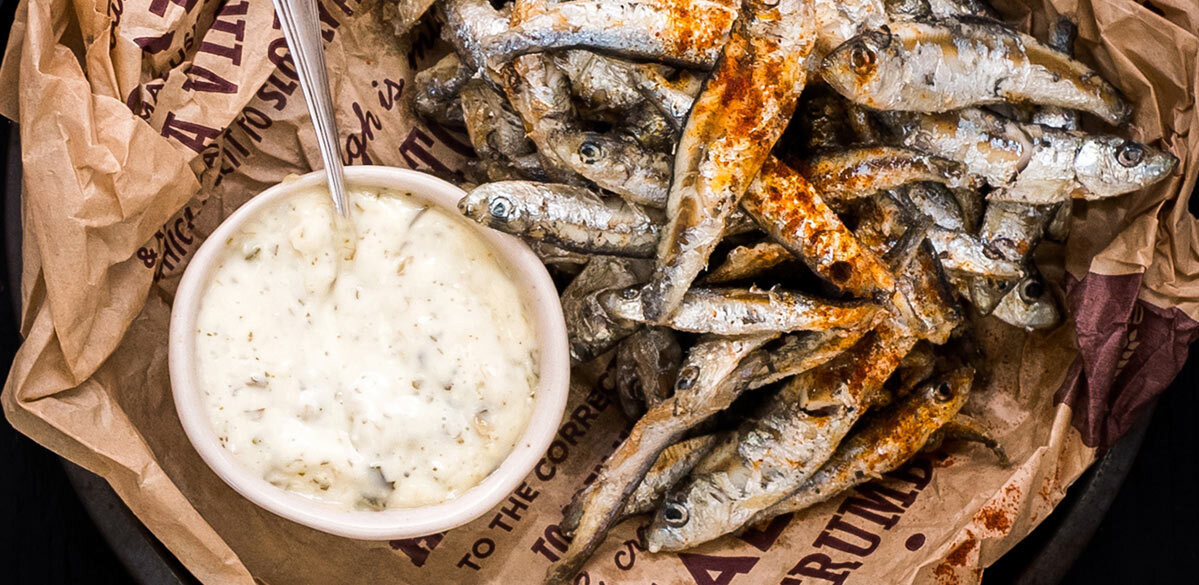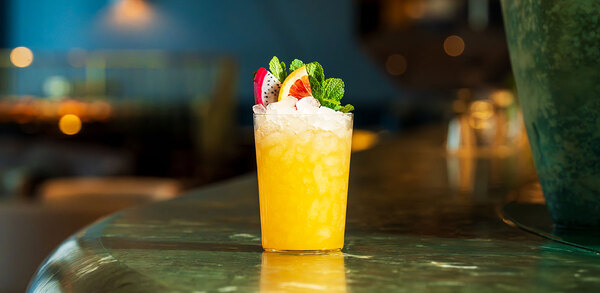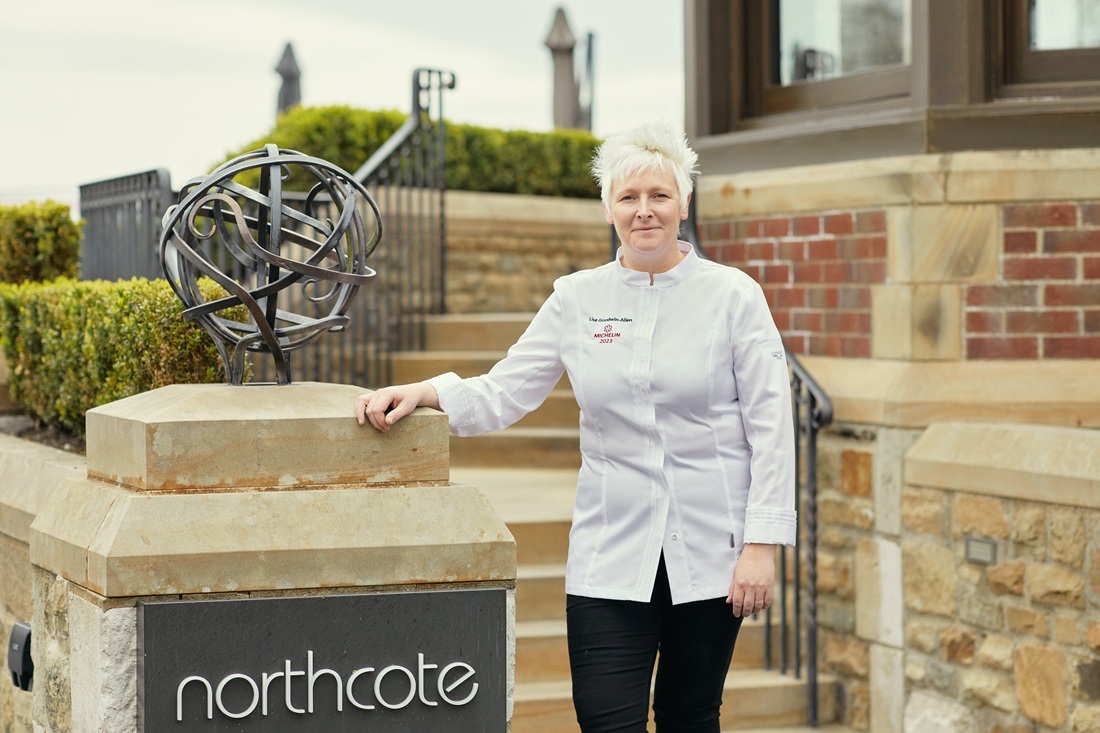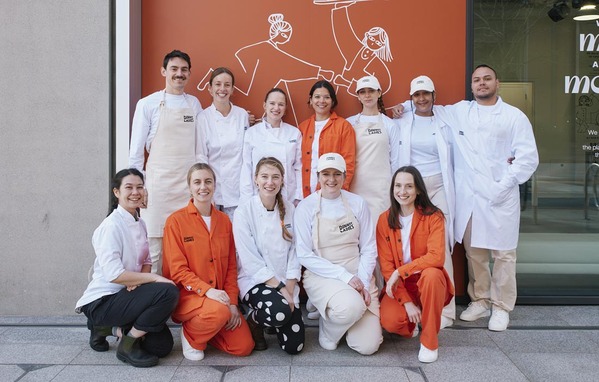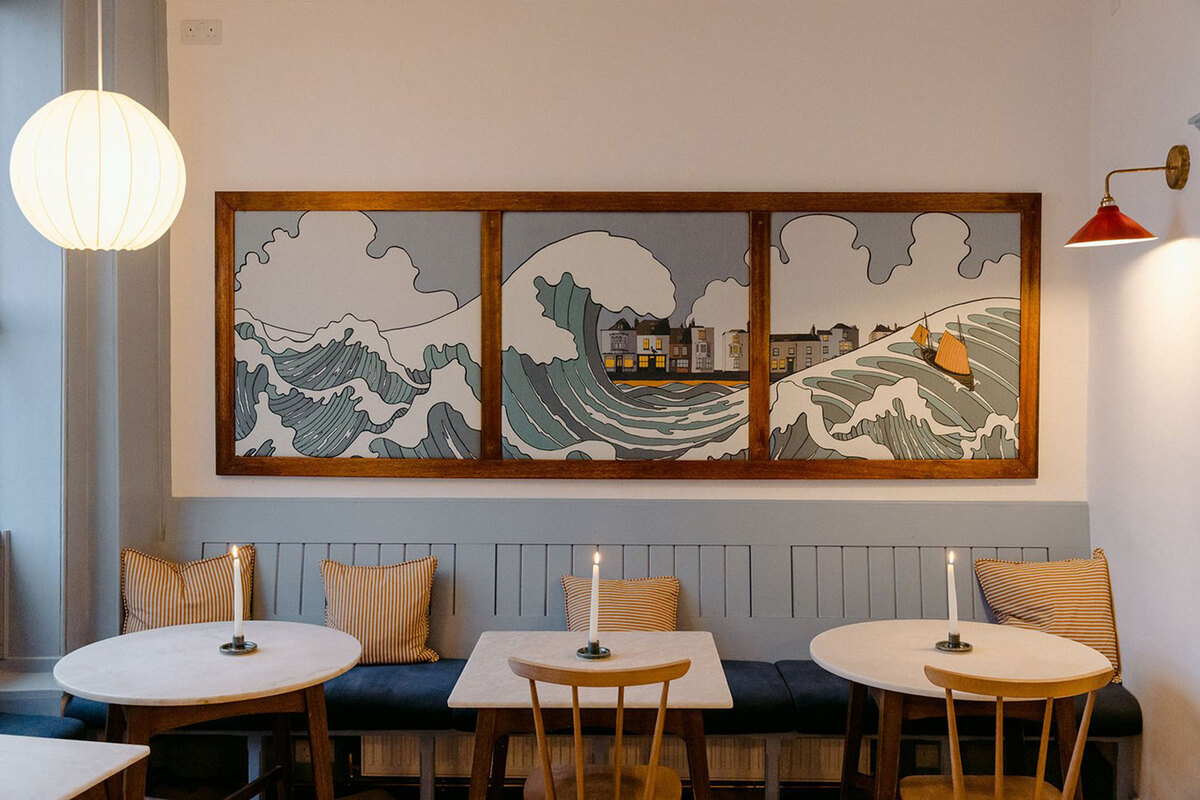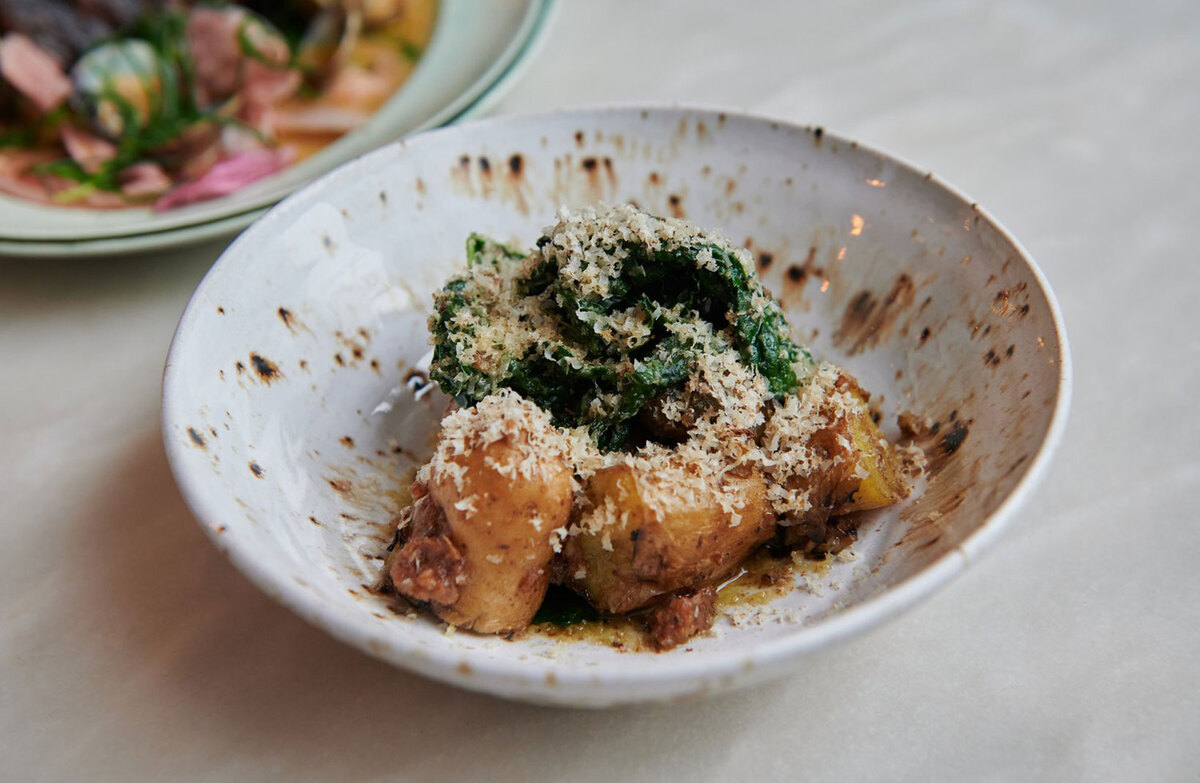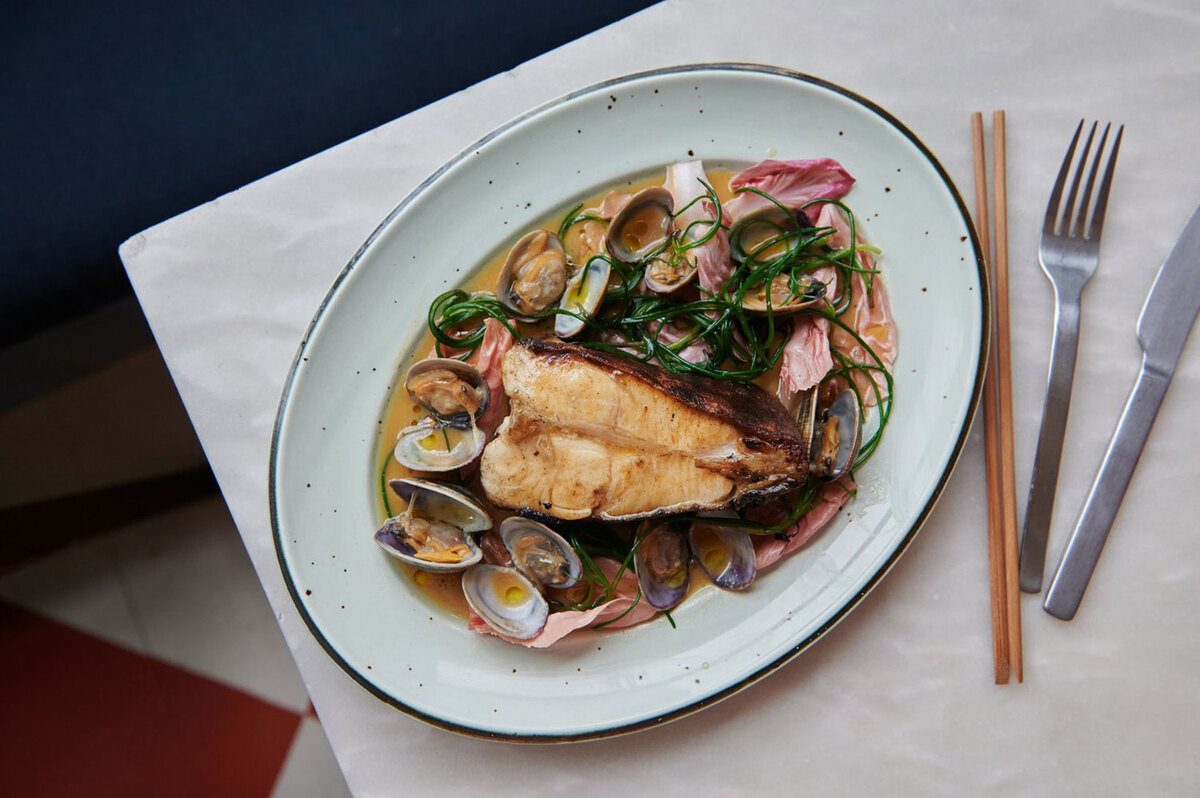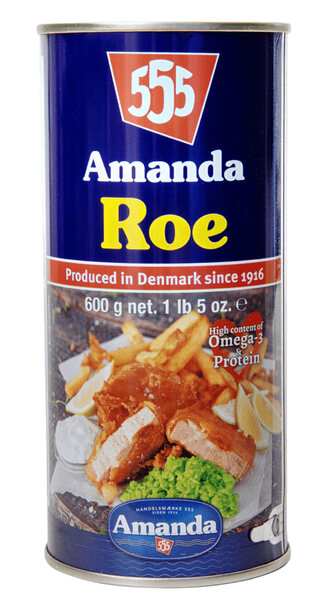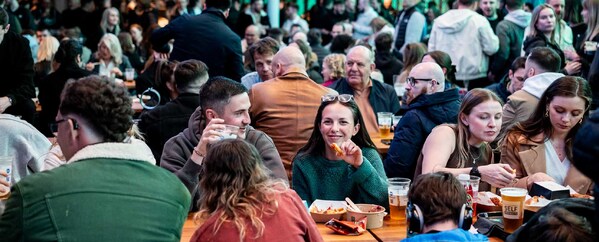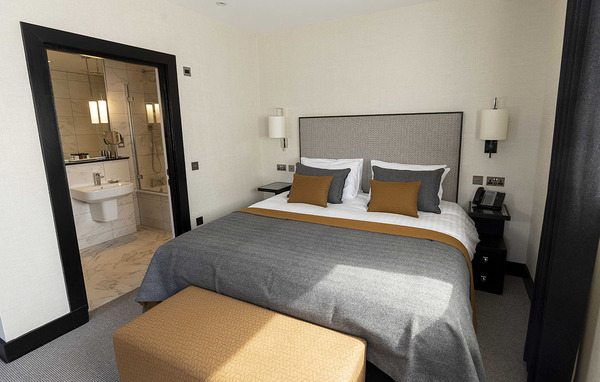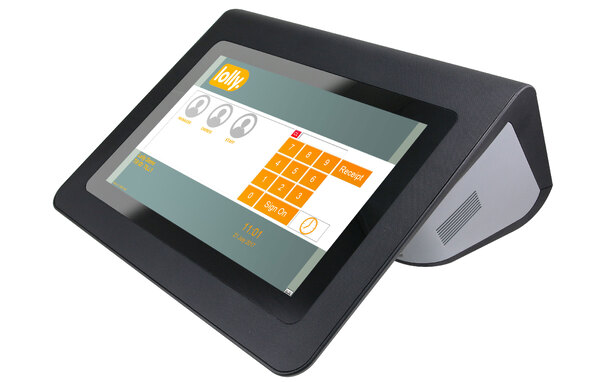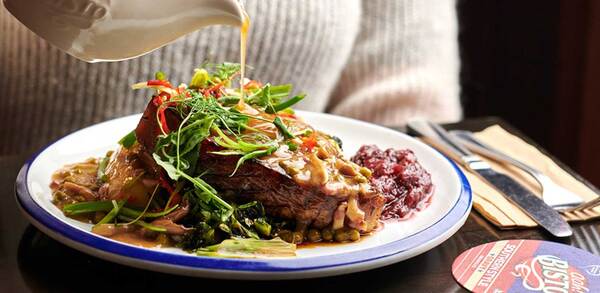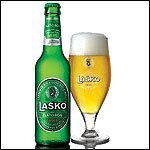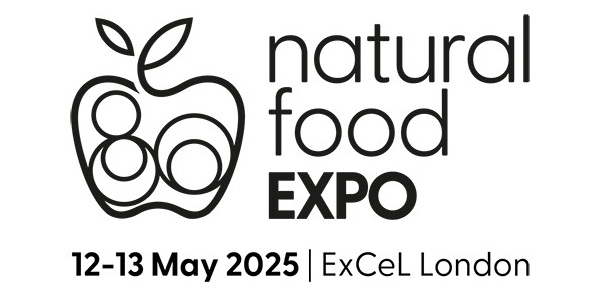How suppliers are rocking the boat with alternative fish
Diners are more wiling than ever to look beyond battered cod for their weekly treat, with hake becoming the new catch of the day and cod’s roe back in vogue
Luke Green, head chef at the Blue Pelican in Deal, Kent, gets a message from Darren Jenkins at Jenkins & Sons, his local fishmonger, every Tuesday. It’s about which types of seafood are available, and consequently what he’ll be able to have on the menu that week. “He knows exactly what I want and what the quality needs to be,” says Green. “He says: I’ve got this for you.”
The Blue Pelican has been lauded in the national press and draws punters from near and far thanks to Green’s inventive, precise cooking, honed by five years in Japan. But in another way it’s very typical of modern British restaurants, from the sustainable, local approach that leaves Green guessing which fish might be available this week, to the boom in customers willing to push the boat out when dining out.
How Britons enjoy seafood is changing for ecological and health reasons, and – partly as a result – the sophistication with which it’s prepared, from Japanese style to dry-aging, is growing too. As a result, there’s probably never been a more interesting time for seafood in this country.
From boat to menu
Many of us would be stressed at not knowing the contents of our own menu until (relatively-speaking) the last minute, but not Green. “It’s actually freeing,” he says. “[It’s better than] doing a menu where you’re stuck with a dish and you’re not sure if you’re going to be able to get the key ingredient… this is definitely preferable.”
The Blue Pelican opened at the end of 2023 and is not a seafood-only restaurant, but, as Green puts it, “the majority of the menu is seafood”. That’s natural given its home is on the Kent coast, even if Britain’s seaside resorts are not historically known for inventive fish cooking.
Almost all the fish comes from Jenkins’ day-boat, caught off the Kent coast, with additions from Sussex and Cornwall and, very rarely, Japan. “It’s the backbone of what we do,” Green says.
Among the most popular dishes are wild halibut, served as a dish to share, caught off the Sussex coast. It proved very popular with The Guardian’s Grace Dent, who described it as “the absolute highlight” of her meal at the Blue Pelican. “We get the whole fish, 10kg-20kg,” says Green, “and we cut it through the spine, so you get a big chunk of fish on the bone. That’s been a mainstay for us since we started. It’s sustainable and delicious.”
“People are fine with eating raw fish, with a few exceptions – weirdly, bream, which is absolutely delicious”
Key to the restaurant’s success has been Green’s Japanese-influenced cooking, which takes in nifty knifework and bold, fermentation-packed flavours. “The key thing I took from Japan is the preparation of fish – how to ensure you don’t damage the fish when you remove the scales, for example, so you don’t impair the flavour.
“We age all of our fish too – I keep a tuna for up to three weeks. It’s great – it means I can buy a lot of something when it’s available, and then two weeks on I know I’ve got something that is of great quality that no-one else has.”
This approach to fish might once have drawn dismay from British consumers, but attitudes are evolving. “There’s been a slow change,” Green says. “People are fine with eating raw fish, with a few exceptions – weirdly, bream, which is absolutely delicious. A few weeks ago [though] I had some tuna, and it flew out.”
Roe the boat
Oily fish continues to tick a variety of boxes for smart operators. According to Allmanhall’s Theo Kuehn, mackerel and sardines are both excellent options. “The most sustainable sardines are net-caught using purse seine or ring nets in northwest Africa or the Celtic seas and English Channel, and are rated two for sustainability on the MCS Good Fish Guide,” he adds.
Sustainability is the centre of Marrfish’s approach, says operations director Ben English: “We advocate underused seafood species because no matter what the season, our seas provide an abundance of seafood. Hake is a great example of a fish that is now in demand and trending on menus – 20 years ago we sold 100kg of hake a week, now sales have increased to 300kg a day!”
Direct Seafoods, meanwhile, has a growing range of certified fish and shellfish, both wild and farmed, as well as access to a huge variety of locally-caught fish and seafood. “Our MSC Patagonian scallops complement many dishes and are perfect for a seafood pasta or risotto,” says Laky Zervudachi, director of sustainability. “For chefs who want a simple yet delicious starter, our tuna carpaccio – already sliced and suitable for serving raw, is an excellent, no-waste, great value option.”
The focus on sustainability means byproducts – like cod’s roe – are now being used in a way that would once have seemed impossible. “[Cod’s roe supplier] 555 Amanda is actively working to ignite buyers and chefs to explore alternative by-products of the fishing industry,” says Lars Fey, export director at the firm, which is part of Insula Group. “Cod’s roe is a ‘forgotten’ part of the fish, which offers a sustainable alternative to more expensive and less achievable cuts of the fish for our foodservice partners.
“We’re supplying more of our cod’s roe and salmon roulade into high-quality mid-market fish restaurants, where it’s being incorporated into fish seafood pies, fishcakes, pâté, soups, salads, wraps and even bulking up tuna mayo.”
Attitudes seem to be evolving, whichever part of the market you look at, spurred on by environmental and lifestyle issues – not to mention a growing appreciation that lesser-known fish can be just as delicious as cod. For Green in Deal, there’s a chance to educate every day, even when it comes to his colleagues.
“One of our kitchen porters said to me last week, ‘I don’t like fish, and I really don’t like raw fish’. So I said to him, ‘try some caviar, try some bream’, and his response was ‘oh, that’s amazing!’ I think people are now far more eager to try new things.”
Suppliers
555 Amanda 555amanda.co.uk
Allmanhall allmanhall.co.uk
Direct Seafoods www.directseafoods.co.uk
Marrfish marrfish.co.uk


